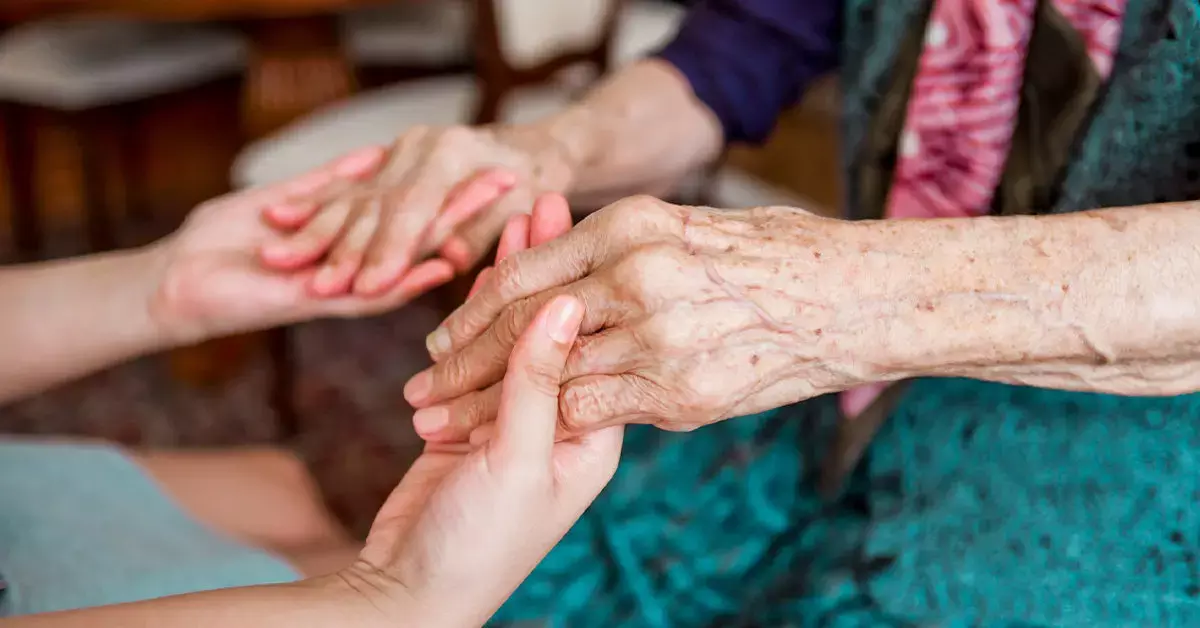- Home
- Medical news & Guidelines
- Anesthesiology
- Cardiology and CTVS
- Critical Care
- Dentistry
- Dermatology
- Diabetes and Endocrinology
- ENT
- Gastroenterology
- Medicine
- Nephrology
- Neurology
- Obstretics-Gynaecology
- Oncology
- Ophthalmology
- Orthopaedics
- Pediatrics-Neonatology
- Psychiatry
- Pulmonology
- Radiology
- Surgery
- Urology
- Laboratory Medicine
- Diet
- Nursing
- Paramedical
- Physiotherapy
- Health news
- Fact Check
- Bone Health Fact Check
- Brain Health Fact Check
- Cancer Related Fact Check
- Child Care Fact Check
- Dental and oral health fact check
- Diabetes and metabolic health fact check
- Diet and Nutrition Fact Check
- Eye and ENT Care Fact Check
- Fitness fact check
- Gut health fact check
- Heart health fact check
- Kidney health fact check
- Medical education fact check
- Men's health fact check
- Respiratory fact check
- Skin and hair care fact check
- Vaccine and Immunization fact check
- Women's health fact check
- AYUSH
- State News
- Andaman and Nicobar Islands
- Andhra Pradesh
- Arunachal Pradesh
- Assam
- Bihar
- Chandigarh
- Chattisgarh
- Dadra and Nagar Haveli
- Daman and Diu
- Delhi
- Goa
- Gujarat
- Haryana
- Himachal Pradesh
- Jammu & Kashmir
- Jharkhand
- Karnataka
- Kerala
- Ladakh
- Lakshadweep
- Madhya Pradesh
- Maharashtra
- Manipur
- Meghalaya
- Mizoram
- Nagaland
- Odisha
- Puducherry
- Punjab
- Rajasthan
- Sikkim
- Tamil Nadu
- Telangana
- Tripura
- Uttar Pradesh
- Uttrakhand
- West Bengal
- Medical Education
- Industry
Intensive reduction of systolic BP in elderly linked to lower CVD risk: NEJM

The optimal systolic blood pressure goal for reducing cardiovascular risk in elderly hypertensive individuals is unknown.
In older hypertensive patients, intensive therapy with a systolic blood pressure goal of 110 to less than 130 mm Hg resulted in a reduced incidence of cardiovascular events than conventional treatment with a target of 130 to less than 150 mm Hg.
Weili Zhang and colleagues undertook this investigation with the objective of identifying suitable systolic blood pressure-based therapy for elderly hypertensive patients. On September 30, 2021, the outcomes of this study were published in The New England Journal of Medicine.
In this multicenter, randomized, controlled study, researchers randomly assigned Chinese individuals aged 60 to 80 with hypertension to either a systolic blood-pressure target of 110 to less than 130 mm Hg (intensive therapy) or a target of 130 to less than 150 mm Hg (conservative treatment) (standard treatment). Stroke, acute coronary syndrome (acute myocardial infarction and hospitalization for unstable angina), acute decompensated heart failure, coronary revascularization, atrial fibrillation, or death from cardiovascular causes were the major outcomes.
The trial recruited 8511 of the 9624 patients who were assessed for eligibility; 4243 were randomly allocated to the intensive-treatment group and 4268 to the standard-treatment group. At one year, the mean systolic blood pressure in the intensive-treatment group was 127.5 mm Hg and 135.3 mm Hg in the standard-treatment group. Primary-outcome events occurred in 147 patients (3.5 percent) in the intensive-treatment group over a median follow-up period of 3.34 years, compared to 196 patients (4.6 percent) in the standard-treatment group. The results for most of the individual components of the primary outcome also favored intensive treatment: the hazard ratio for stroke was 0.67, acute coronary syndrome 0.67, acute decompensated heart failure 0.27, coronary revascularization 0.69, atrial fibrillation 0.96, and death from cardiovascular causes 0.72. Except for the frequency of hypotension, which was greater in the intensive-treatment group, the results for safety and renal outcomes did not differ substantially between the two groups.
In conclusion, the treatment hypertension with systolic blood-pressure targets of 110 to less than 130 mm H has shown positive results and may b advisable to practice in the required cases.
Reference:
Zhang, W., Zhang, S., Deng, Y., Wu, S., Ren, J., Sun, G., Yang, J., Jiang, Y., Xu, X., Wang, T.-D., Chen, Y., Li, Y., Yao, L., Li, D., Wang, L., Shen, X., Yin, X., Liu, W., Zhou, X., … Cai, J. (2021). Trial of Intensive Blood-Pressure Control in Older Patients with Hypertension. New England Journal of Medicine, 385(14), 1268–1279. https://doi.org/10.1056/nejmoa2111437
Medical Dialogues consists of a team of passionate medical/scientific writers, led by doctors and healthcare researchers. Our team efforts to bring you updated and timely news about the important happenings of the medical and healthcare sector. Our editorial team can be reached at editorial@medicaldialogues.in.
Dr Kamal Kant Kohli-MBBS, DTCD- a chest specialist with more than 30 years of practice and a flair for writing clinical articles, Dr Kamal Kant Kohli joined Medical Dialogues as a Chief Editor of Medical News. Besides writing articles, as an editor, he proofreads and verifies all the medical content published on Medical Dialogues including those coming from journals, studies,medical conferences,guidelines etc. Email: drkohli@medicaldialogues.in. Contact no. 011-43720751


